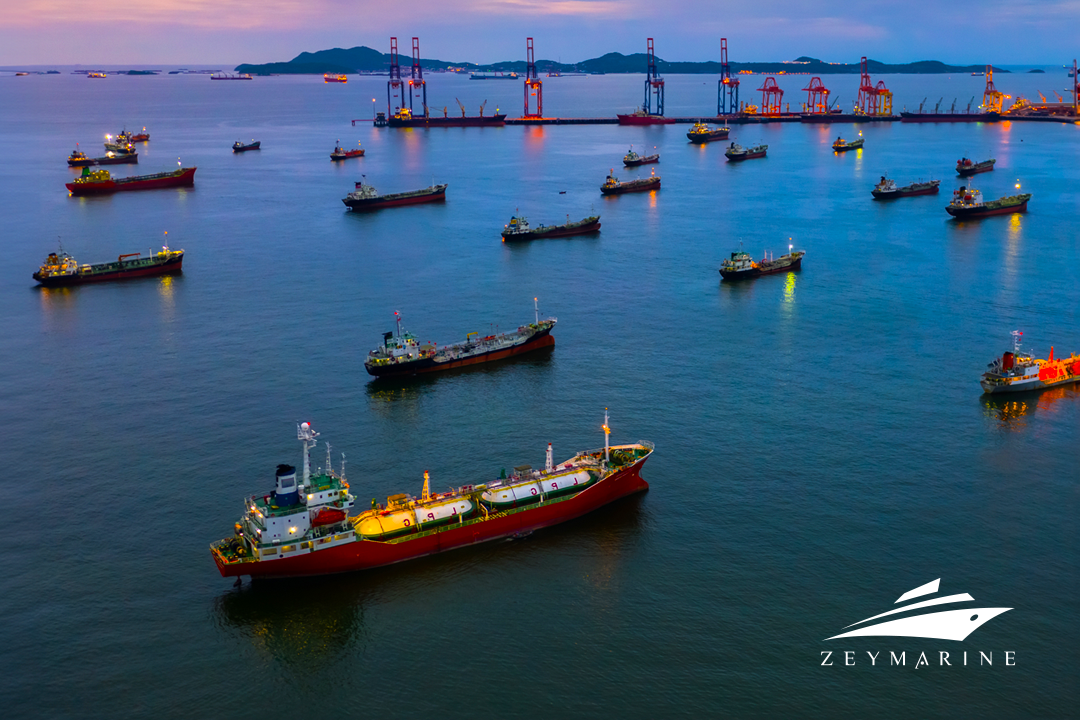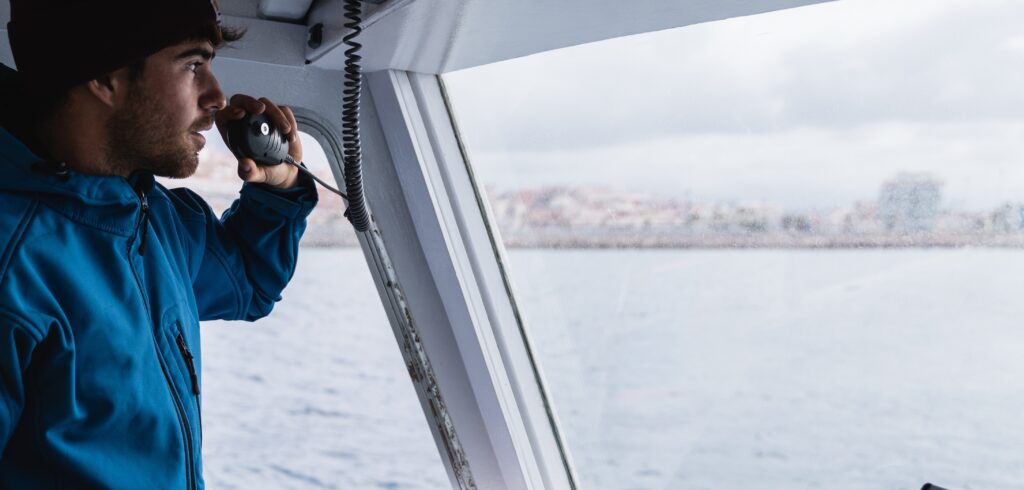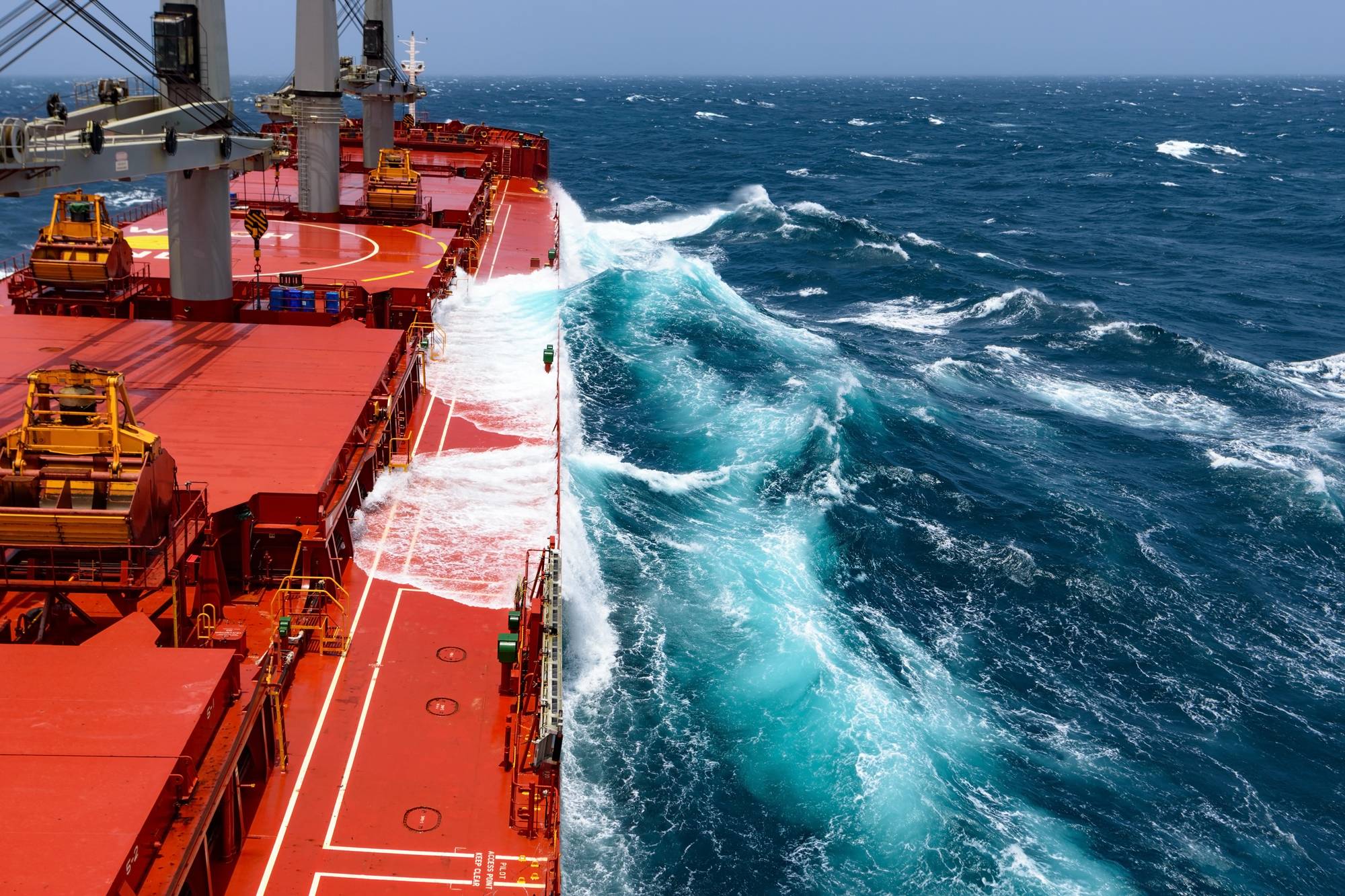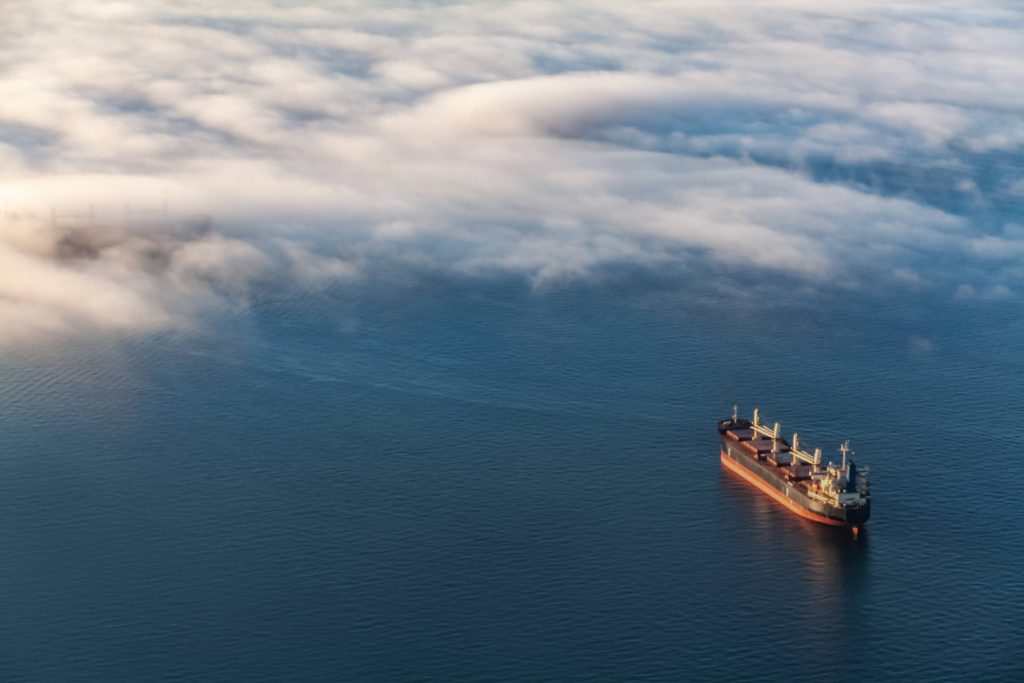We celebrate World Maritime Day today. Safety on the high seas is extremely important, as this year’s theme, “Navigating the Future: Safety First,” serves as a reminder. The International Maritime Organization (IMO) has made safety its primary priority, which should come as no surprise.
Incidents are the first thing to avoid. Yet, take a sobering stat, shipping accidents account for nearly 75% of marine insurance claims. Thus, avoiding injury is not the only concern; economic survival is as well. Securing our global economy entails keeping both cargo and seafarers protected.
Stats About Incidents
The European Maritime Safety Agency (EMSA) reports that there were 23,814 maritime casualties and incidents documented between 2014 and 2022, average of 2,646 per year.
Over half of the recorded marine events and casualties between 2014 and 2022 occurred in ‘internal waters (port area and other),’ with ‘territorial sea’ and ‘open sea’ following.
Distress Calls
Distress is defined by the Maritime SAR Convention as “a situation wherein there is reasonable certainty that a person, a vessel, or other craft is threatened by grave and imminent danger and requires immediate assistance.”
Inmarsat networks recorded 788 GMDSS distress calls in 2023, compared to 853 in 2022 (7.6% reduction) and 794 in 2021.
The 7.6% annual decline in distress calls in 2023 is encouraging, as it appears that the COVID-19 pandemic’s effects,such as fewer inspections and fewer scheduled maintenance appointments, are being addressed.
The majority of GMDSS distress calls were sent by tankers (159), bulk carriers (105) and other dry cargo (77), in that order. For the sixth year running, tankers are at the top of the list.
A record low of 26 vessels over 100 gross tons (GT) were lost in 2023. It is a drop of more than one-third year-over-year and over 70% over the previous ten years.
Risks Beyond Control
Due to deteriorating international relations and climate change hazards, including catastrophic weather events and drought in the Panama Canal, market volatility rose this year.
Particularly, the breakdown of the Black Sea Grain Initiative put ships and their crews at greater risk of naval mines; vessels in the Strait of Hormuz were attacked and ships in the Bab Al Mandab Strait and Red Sea were targeted by militia. These incidents put ships and their crews in the crosshairs of rising tension and conflict.
As a result of the latter, a lot of shipping companies decided to avoid the region by travelling farther, which had an effect on timetables and carrying capacity as well as raising emissions and fatigue among seafarers.
Security issues resulting from a possible return of Somali piracy are also on the radar of shipping, as naval forces stationed in the area are concentrated on maritime assaults. Growing threats to safe navigation are posed by South China Sea territorial disputes that are escalating tensions.
Economic uncertainties, such as rising interest rates, energy prices, and inflation, made these difficulties much more difficult. Over the course of 2024, worldwide shipping improved its ability to move products in response to various external influences. A less encouraging indicator of the state of shipping was another important metric.
Morale among seafarers is still low following the crew change incident. Fatigue still has an adverse effect on wellbeing and is frequently linked to long contracts, quick turnaround times, and insufficient crewing provisions.
International Convention for the Safety of Life at Sea (SOLAS)
This year, we also celebrate the 50th anniversary of SOLAS, an extremely important convention for safe maritime.
In reaction to the Titanic disaster, the International Maritime Organization (IMO) established the international treaty known as SOLAS. Today SOLAS 1974 is the version that is followed in more than 160 nations. It encompasses almost every facet of maritime safety, such as construction, life-saving equipment, radio communications, and navigation.
Global Maritime Distress and Safety System (GMDSS)
The automated ship-to-shore communication system, or GMDSS, is a group of technologies aimed at enabling ships, wherever they may be, to send and receive distress signals. In order to provide extensive coverage, it combines a number of communication technologies, including digital messaging, satellite, and terrestrial radio systems, all of which are integrated into a worldwide network.
Under the SOLAS (Safety of Life at Sea) Convention, it was founded by the International Maritime Organization (IMO) and went into full operation in 1999.
International Ship and Port Facility Security (ISPS) Code
The International Maritime Organization (IMO) created the International Ship and Port Facility Security (ISPS) Code as a comprehensive framework to guarantee the security of ships and port facilities. Following the 9/11 attacks in 2001, it was implemented in response to the increased threat of terrorism and illegal activities targeting maritime operations.
The ISPS Code, which was ratified in 2004 as a component of the SOLAS (Safety of Life at Sea) Convention, attempts to create a global norm for the identification and mitigation of security risks affecting ports and ships. It lays forth the roles that governments, shipping firms, ship crews, and port managers have to fulfil in collaborating to keep the environment safe.
Future Trends in Maritime Safety
The majority of marine mishaps are caused by human mistakes, which might be decreased with the development of autonomous ships. These vessels may monitor their surroundings, navigate more effectively, and make data-driven judgments to prevent collisions by utilising artificial intelligence (AI).
In order to enable prompt repair and lower the danger of mechanical breakdowns at sea, smart sensors and machine learning can be used to forecast equipment problems before they happen.
Crew members can be better equipped to respond in real-life scenarios by being prepared for emergency circumstances such as fires, evacuations, or mechanical malfunctions through simulation-based training that makes use of virtual reality (VR).
Not every remedy was technological in nature. One of the main risk factors for accidents is crew weariness. Human error due to fatigue can be avoided by putting in place improved work-rest schedules and making sure there is an appropriate number of employees.
Cybersecurity will be essential due to the increasing reliance on automated procedures and digital navigation systems. Hardening maritime systems against hacking and data breaches is necessary to avoid operational disruption or sabotage.
Higher safety requirements for ships and ports should be updated and enforced on a regular basis by regulatory organisations such as the International Maritime Organization (IMO).
Related Articles










